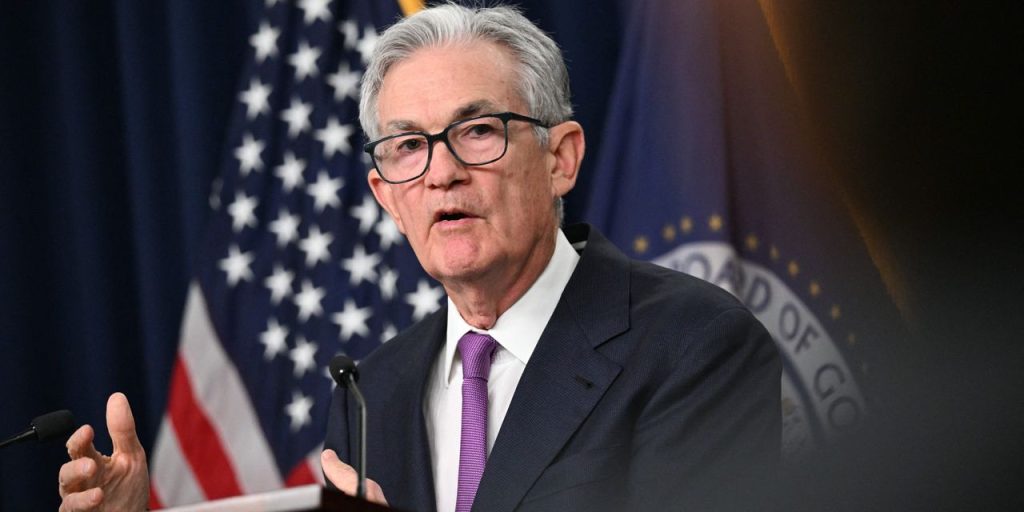By Steven Scheer
JERUSALEM (Reuters) – The Bank of Israel hinted on Tuesday that it was in no rush to lower interest rates despite Israel’s war with Hamas in Gaza, since doing so would likely weaken the shekel and push inflation higher.
The central bank next decides on rates on Monday and the bond market has begun to price in the start of rate cuts. Policymakers have raised the rate to 4.75% since April 2022, when it was 0.1%, but left rates unchanged at its last two meetings in July and September.
During a meeting with economists, deputy governor Andrew Abir said the central bank was focused on stabilising financial markets and creating maximal certainty for the economy and the public at this time.
To that end, the bank last week said it would sell up to $30 billion of foreign currency to prevent a steep weakening of the shekel, which had already depreciated some 10% versus the dollar this year before Israel’s war with Hamas broke out on Oct. 7.
Since the start of the latest conflict, the shekel has shed another 4% and stands at 4 per dollar. It reached that level on Monday for the first time since 2015.
“The bank has started using a dedicated tool to stabilise the foreign exchange market, which has contributed to stabilising and calming other markets as well,” the central bank cited Abir as telling economists.
“And our aim is that the other monetary policy tools will not pose a challenge to this objective in the immediate term.”
He reiterated comments from Governor Amir Yaron this week that the main inflationary risk in the past nine months was depreciation of the shekel and would continue to be so.
The central bank has said that the influence of shekel movements on inflation is up to 20% or 1.5 points. On Sunday, official data showed Israel’s inflation rate eased to 3.8% in September from 4.1% in August, still above an official target of 1-3%. A Reuters poll had forecast a 4.1% rate.
Abir also said that to ease the burden of loan repayments for households and businesses, and to provide greater certainty, the Bank of Israel had presented a broad outline for delaying such payments to the entire population, especially for people who have been harmed by the conflict, without interest or fees.
Read the full article here







